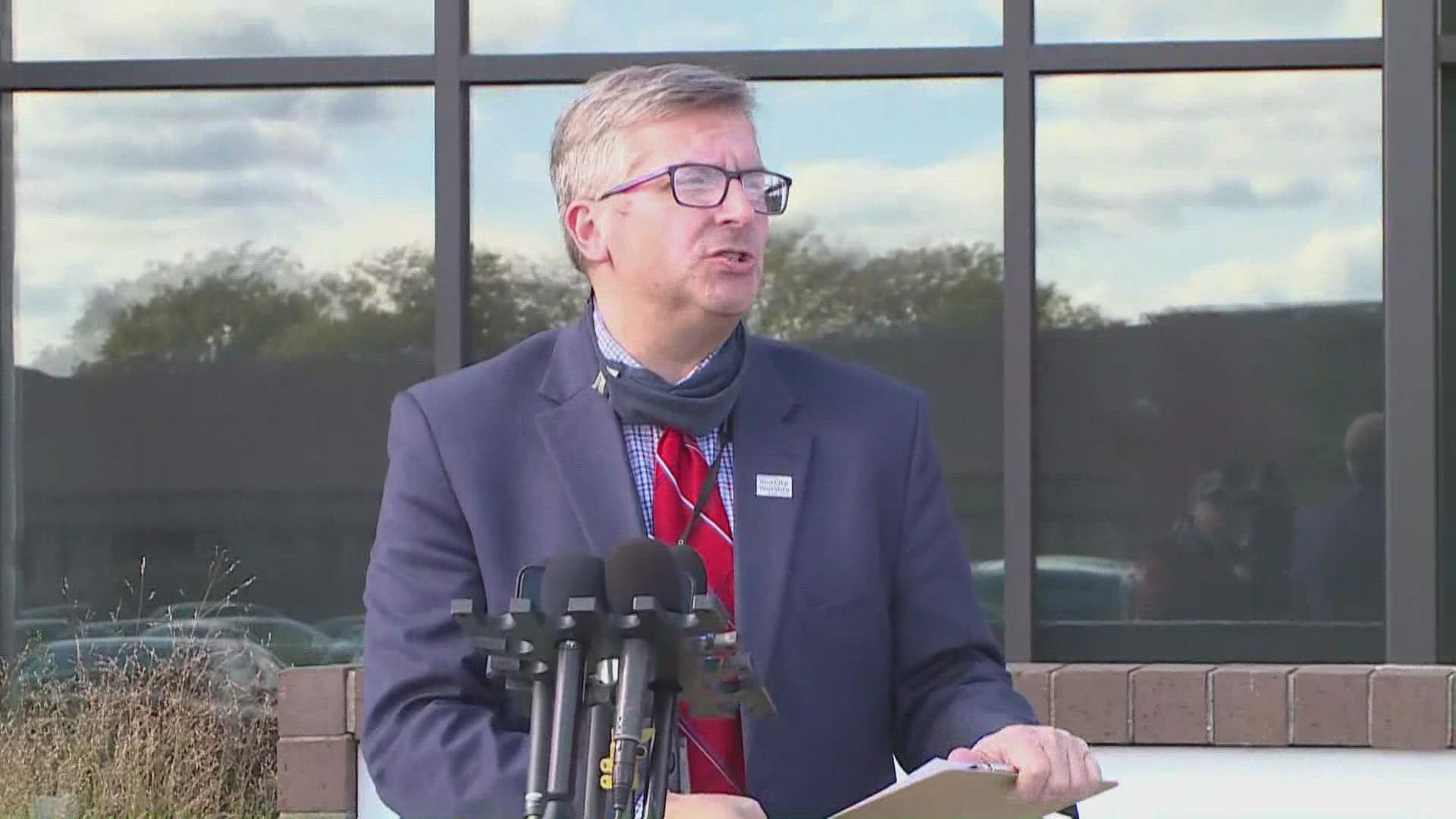MINNEAPOLIS — Election Day is finally here.
Polls will open at 7 a.m. sharp Tuesday, with voting hours lasting until 8 p.m. statewide. Although some people have already voted early — including more than 11 percent of registered voters in Minneapolis — thousands more will cast their ballots in 2021 municipal elections throughout the day. For detailed information about races in Minneapolis and St. Paul, check out our previous voter guides.
The following provides a broad overview of what's at stake in the Twin Cities on Tuesday.
What does the field look like in the Minneapolis mayoral race?
Incumbent Jacob Frey, carrying endorsements from Gov. Walz and Sen. Amy Klobuchar, among others, will face more than a dozen challengers in his bid for re-election. Arguably, the most prominent challengers are former state legislator Kate Knuth and community organizer Sheila Nezhad. Both Knuth and Nezhad have received endorsements from Rep. Ilhan Omar, who has urged voters not to rank Mayor Frey under the city's "ranked-choice voting" system.
So, what is "ranked-choice voting"?
The concept of ranked-choice voting can be complex, but it's basically a way for the city to hold primary and general elections at the same time. This system will apply to races for mayor, city council, Park Board, and even the Board of Estimate and Taxation, and it comes into play only if no candidate earns more than 50 percent of the vote. In the mayor's race, for example, voters will rank three candidates, and if nobody wins the majority in the first round, the lowest candidates' votes will be redistributed until someone breaks the 50-percent mark.
Here's a more detailed explanation of ranked choice voting.
What's going on with the Minneapolis City Council?
All 13 seats are on the ballot. Interestingly, voters will be choosing council members for two-year terms, instead of the typical four, because of the timing of the redistricting process in Minneapolis. Voters will again cast ballots for city council in 2023 before the four-year terms are restored in 2025.
It should be noted that Council President Lisa Bender is not running for re-election.
What are the ballot questions in Minneapolis?
Voters have three big decisions to make about proposed amendments to the city charter, which is basically Minneapolis' version of a constitution.
Question 1 will determine the mayoral power structure by asking voters if they want to switch from a "weak-mayor" system to a "strong-mayor" system.
Question 2, by far the most high-profile and one that will be watched closely across the country, asks voters if they want to replace the Minneapolis Police Department with a Department of Public Safety. KARE 11 has reported extensively on the potential ramifications of Question 2 and the community's feelings surrounding the decision (see here, here, and here, among other stories).
Question 3 asks voters if they want to give the city council the power to regulate rents, to prevent them from becoming too expensive for tenants.
Note that these ballot questions must pass with 51 percent of the vote, rather than a simple majority of 50+ percent.
What's happening in St. Paul?
Mayor Melvin Carter is running for re-election against seven challengers.
There are no city council seats up for grabs, but there are some important school board races. There's also a ballot question that, similar to Minneapolis, poses a rent control ordinance to the voters.
Are there elections outside of Minneapolis and St. Paul?
Absolutely. There are some critical elections across the state on Tuesday, including many school board races that could determine classroom policies for thousands of Minnesota children. For more information on your local races, consult your local government's website or check out the Secretary of State's website to view your sample ballot.
What is voter turnout usually like in a municipal election?
Usually much lower, if it's an off-year like 2021 where there is no presidential race or midterm election. Take Minneapolis, for example. In the modern era, the percentage of registered voters casting ballots in a municipal election has never even reached 50 percent. After hitting a high of 46.5 percent in 1996, voter turnout tumbled to 40.2 percent (2001), 30.2 percent (2005), and 19.6 percent (2009) before rebounding in the last two election cycles to 33.4 percent (2013) and 42.5 percent (2017).
I haven't registered to vote yet. Can I do that on Election Day?
Yes. Minnesota allows same-day registration on Election Day, but you have to show proof of residency to do so.

